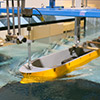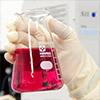Outline
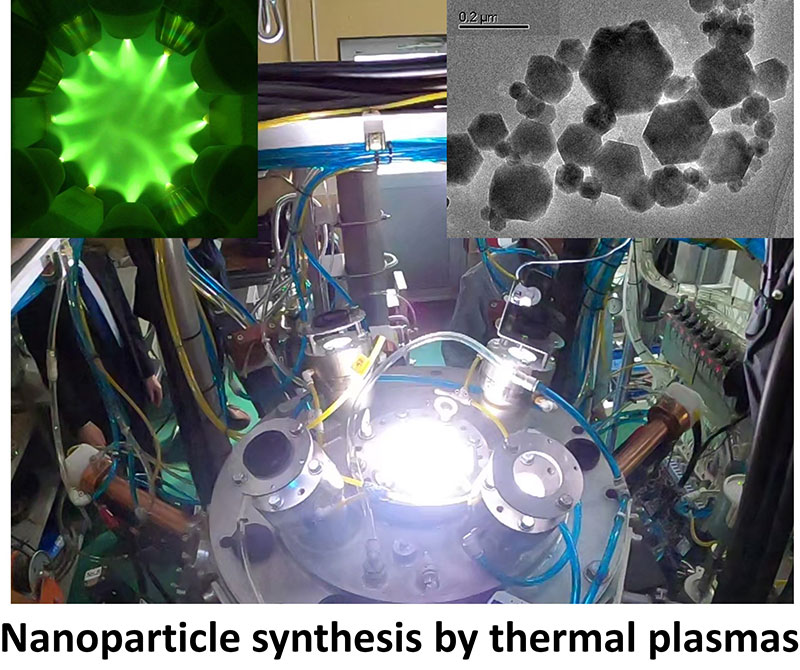 This department is the foundation for learning about the field of chemical engineering. Chemical engineering comprises a number of other disciplines, including physical chemistry, reaction engineering, thermal engineering, fluid engineering, mass transfer engineering, process systems engineering, and biochemical engineering. These areas of specialization have been developed for the purpose of manufacturing materials and products in chemical plants, etc.
This department is the foundation for learning about the field of chemical engineering. Chemical engineering comprises a number of other disciplines, including physical chemistry, reaction engineering, thermal engineering, fluid engineering, mass transfer engineering, process systems engineering, and biochemical engineering. These areas of specialization have been developed for the purpose of manufacturing materials and products in chemical plants, etc.
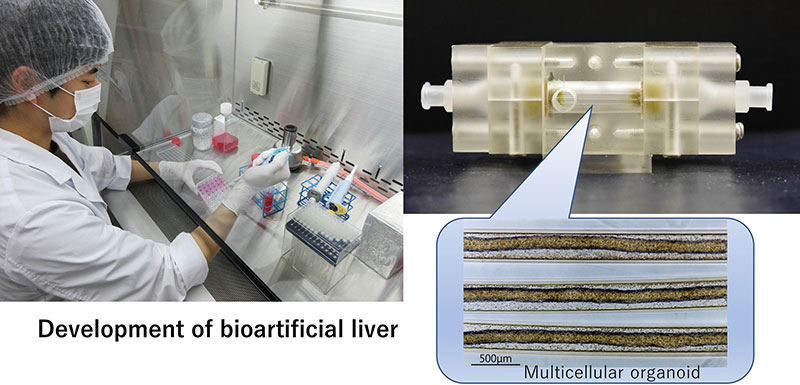 In addition, in recent years chemical engineering has also progressed into cutting-edge fields, including environment, energy, new materials, biotechnology, advanced medical technology, chemical process, food technology, astronautics and artificial intelligence. In this way it is making a contribution to the creation of a safe and secure society.
In addition, in recent years chemical engineering has also progressed into cutting-edge fields, including environment, energy, new materials, biotechnology, advanced medical technology, chemical process, food technology, astronautics and artificial intelligence. In this way it is making a contribution to the creation of a safe and secure society.
What do you learn?
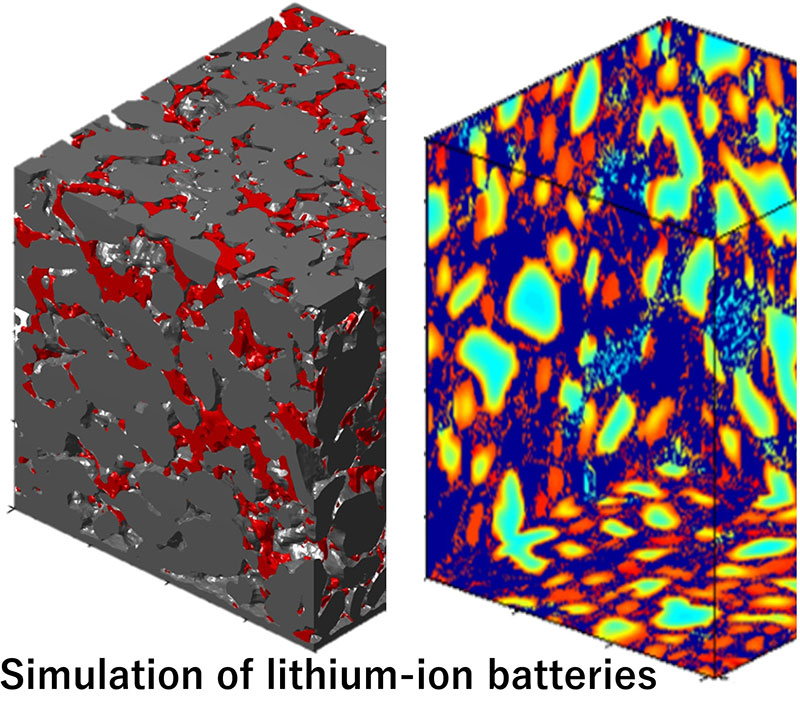 In this department, students acquire the skills to work and apply their knowledge in three areas: "Living things and life," "Environment and energy," and "New materials." In the area of "living things and life" the aim is to learn about artificial organs, bio-pharmaceuticals, genetic delivery, regenerative medicine and bio-production. In the areas of "environment and energy," topics include fuel cells batteries, energy saving technologies, elimination of toxic substances, separation of trace amounts of useful substances, and safe factory/plant operation, etc. In the "new materials" area, the objective is to learn about new materials, biomaterials and electronic materials, etc., used in nano-level control. Alumni of this department are engaged in research in various fields with a basis in chemical engineering and they have achieved many outstanding results. Chemical engineering advances with the times. Prospective students will find that in their time at university further new fields of discovery will open up.
In this department, students acquire the skills to work and apply their knowledge in three areas: "Living things and life," "Environment and energy," and "New materials." In the area of "living things and life" the aim is to learn about artificial organs, bio-pharmaceuticals, genetic delivery, regenerative medicine and bio-production. In the areas of "environment and energy," topics include fuel cells batteries, energy saving technologies, elimination of toxic substances, separation of trace amounts of useful substances, and safe factory/plant operation, etc. In the "new materials" area, the objective is to learn about new materials, biomaterials and electronic materials, etc., used in nano-level control. Alumni of this department are engaged in research in various fields with a basis in chemical engineering and they have achieved many outstanding results. Chemical engineering advances with the times. Prospective students will find that in their time at university further new fields of discovery will open up.







